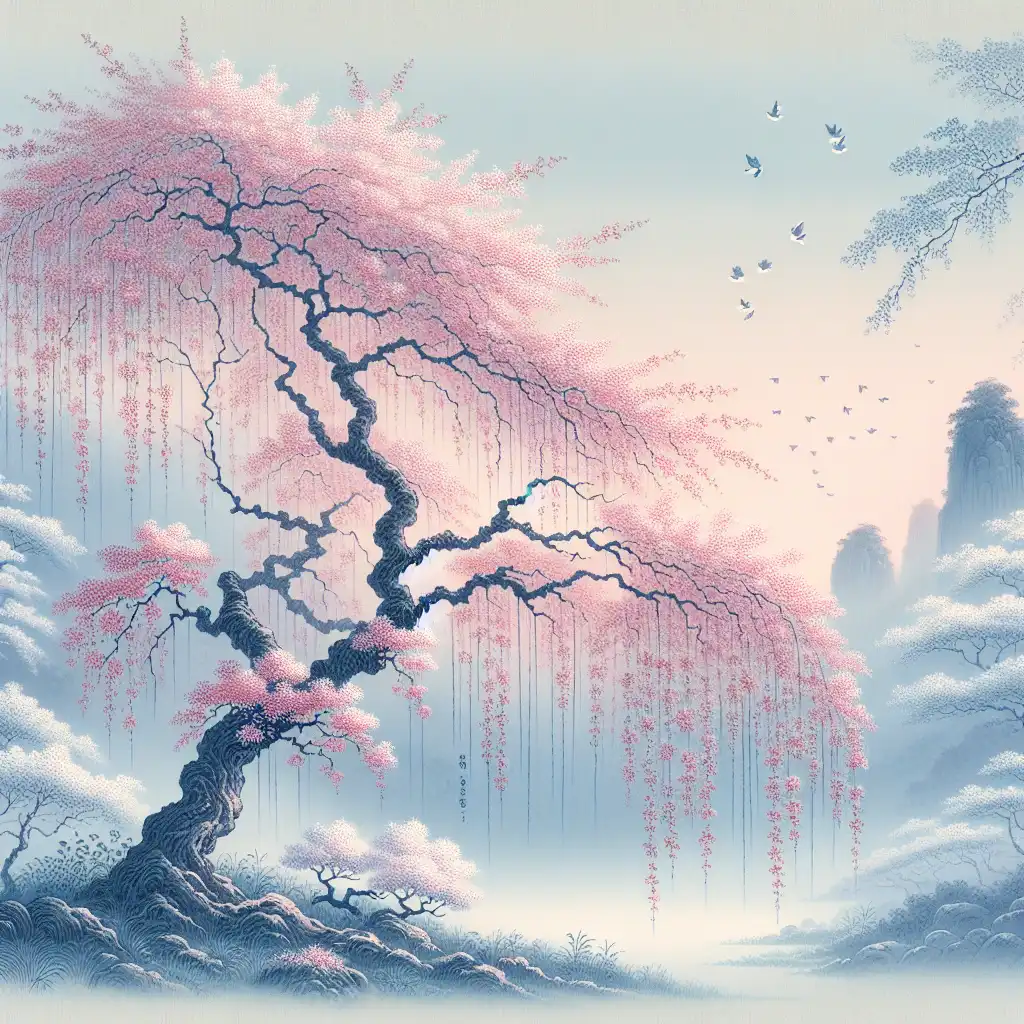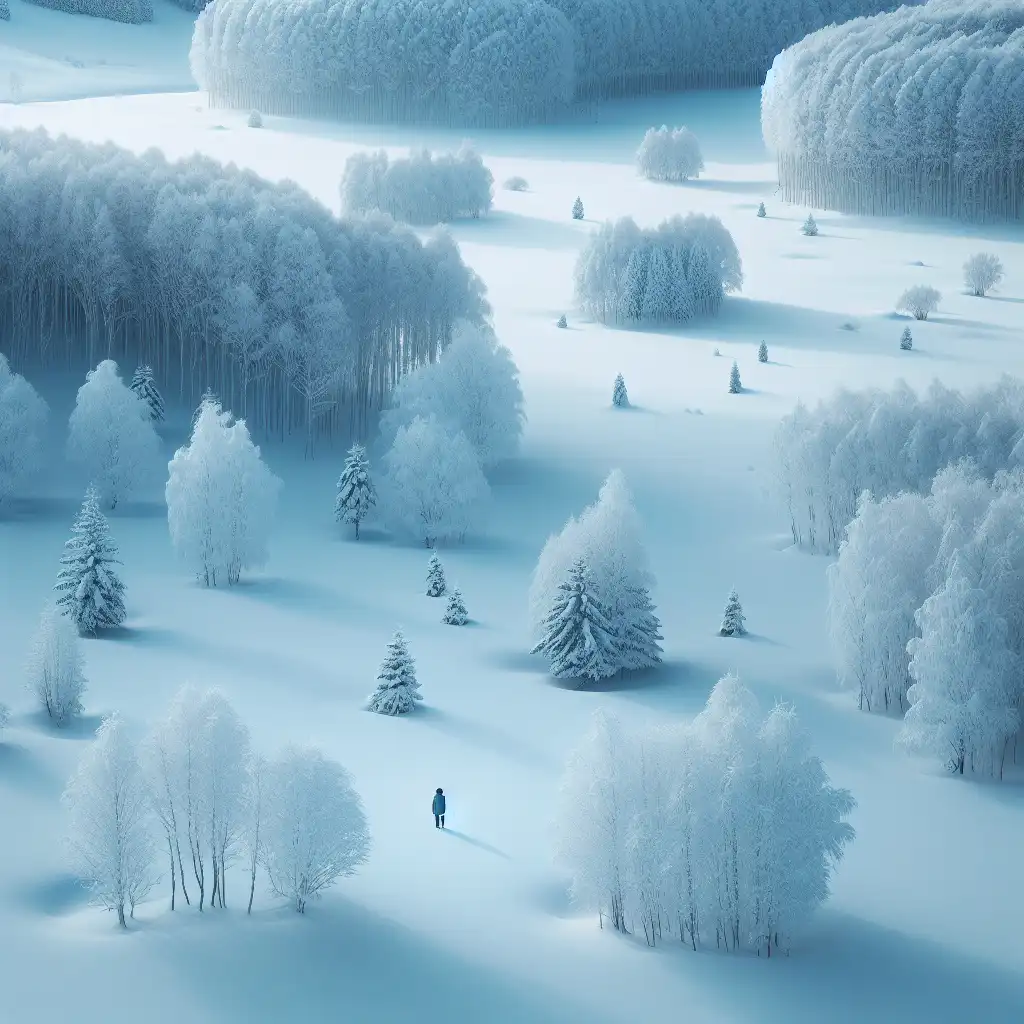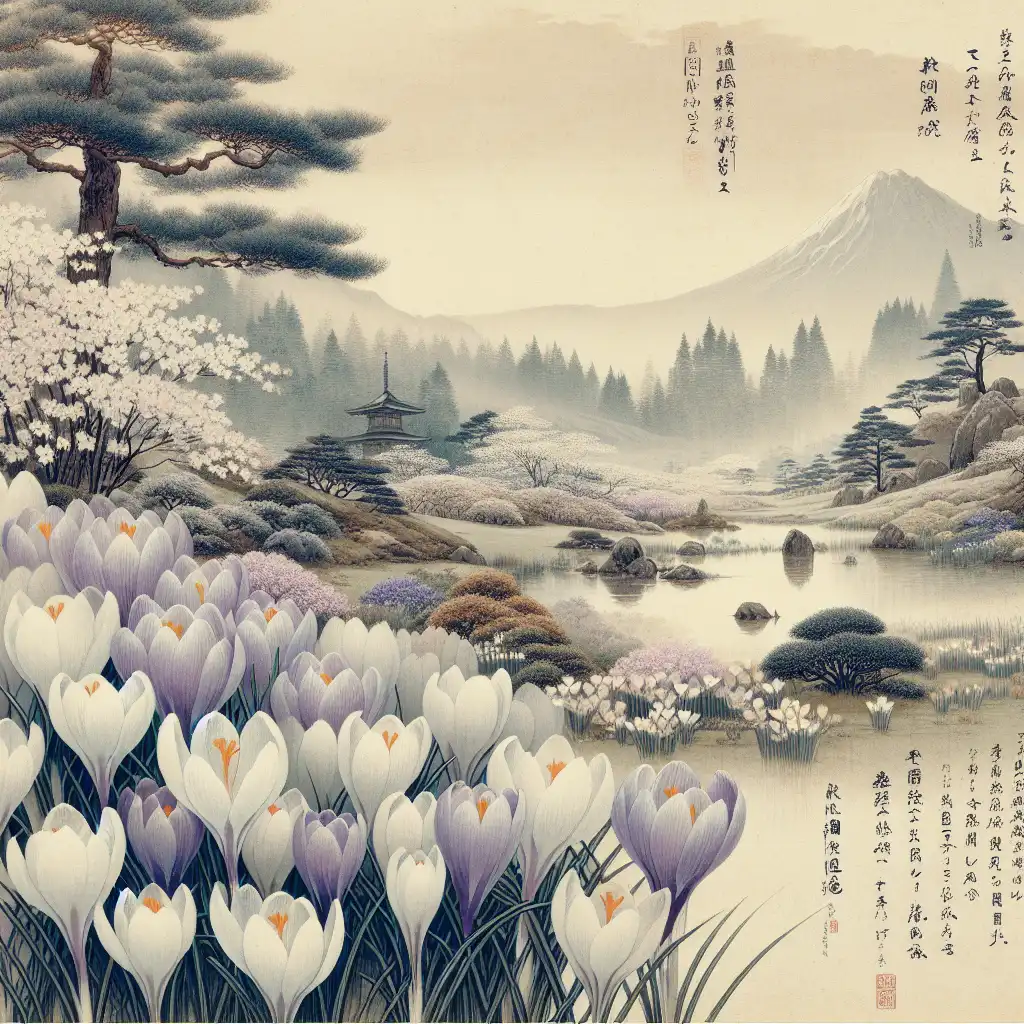
Haiku
Cultural Tradition
Haikus have a deep connection with Japanese culture and often capture nature's beauty.  Her haiku captured the serenity of the falling cherry blossoms.
Her haiku captured the serenity of the falling cherry blossoms.
Emotional Expression
Haiku poems express complex feelings and moments in a concise way.  His haiku conveyed the solitude of winter in just 17 syllables.
His haiku conveyed the solitude of winter in just 17 syllables.
Seasonal Reference
Haikus traditionally include a 'kigo', a word that indicates the season.  The word 'crocus' in her haiku suggested the poem was set in spring.
The word 'crocus' in her haiku suggested the poem was set in spring.